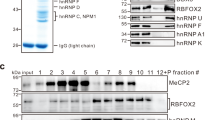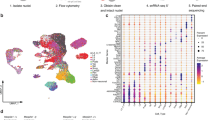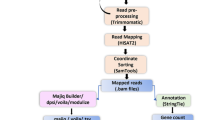Abstract
Rett syndrome (RTT) is an X-linked dominant neurodevelopmental disorder affecting 1 per 10,000- 15,000 female births worldwide. The disease-causing gene has been identified as MECP2 (methyl- CpG-binding protein 2). In this study, we performed diagnostic mutational analysis of the MECP2 gene in RTT patients. Four exons and a putative promoter of the MECP2 gene were analyzed from the peripheral blood of 43 Korean patients with Rett syndrome by PCR-RFLP and direct sequencing. Mutations were detected in the MECP2 gene in approximately 60.5% of patients (26 cases/43 cases). The mutations consisted of 14 different types, including 9 missense mutations, 4 nonsense mutations and 1 frameshift mutation. Of these, three mutations (G161E, T311M, p385fsX409) were newly identified and were determined to be disease-causing mutations by PCR- RFLP and direct sequencing analysis. Most of the mutations were located within MBD (42.3%) and TRD (50%). T158M, R270X, and R306C mutations were identified at a high frequency. Additionally, an intronic SNP (IVS3+23C>G) was newly identified in three of the patients. IVS3+23C>G may be a disease-related and Korea-specific SNP for RTT. L100V and A201V are apparently disease-causing mutations in Korean RTT, contrary to previous studies. Disease-causing mutations and polymorphisms are important tools for diagnosing RTT in Koreans. The experimental procedures used in this study should be considered for clinical molecular biologic diagnosis.
Similar content being viewed by others
Article PDF
Author information
Authors and Affiliations
Rights and permissions
This is an Open Access article distributed under the terms of the Creative Commons Attribution Non-Commercial License (http://creativecommons.org/licenses/by-nc/3.0/) which permits unrestricted non-commercial use, distribution, and reproduction in any medium, provided the original work is properly cited.
About this article
Cite this article
Kim, IJ., Kim, YJ., Son, BH. et al. Diagnostic mutational analysis of MECP2 in Korean patients with Rett syndrome. Exp Mol Med 38, 119–125 (2006). https://doi.org/10.1038/emm.2006.15
Published:
Issue date:
DOI: https://doi.org/10.1038/emm.2006.15



